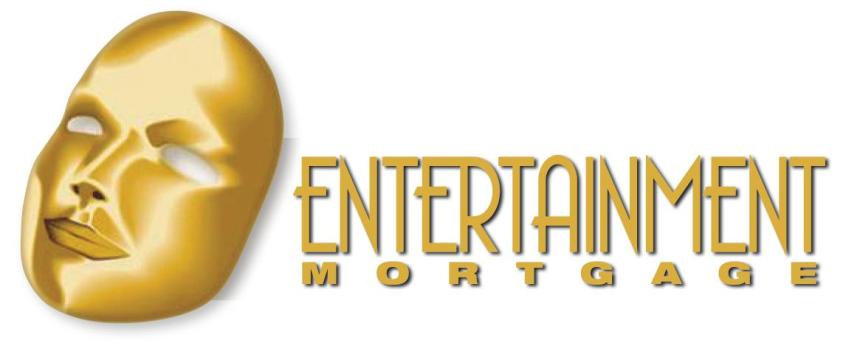 If you or your spouse is a veteran, getting a VA mortgage is a great option to know more about, and it guarantees the lender 25% of the home loan (up to $104,250 of a maximum loan of $417,000) if you default. This guarantee makes it easier for you to find attractive financing with no down payment, longer repayment plans, and no prepayment penalty based on qualifying.
If you or your spouse is a veteran, getting a VA mortgage is a great option to know more about, and it guarantees the lender 25% of the home loan (up to $104,250 of a maximum loan of $417,000) if you default. This guarantee makes it easier for you to find attractive financing with no down payment, longer repayment plans, and no prepayment penalty based on qualifying.
How They Got Started
The VA Mortgage started in 1944 with the GI Bill of Rights, signed into law by President Franklin D. Roosevelt, which provided veterans a federally guaranteed home with no down payment. It was designed to provide housing assistance for veterans and their families, and the dream of owning a home became a reality for millions of veterans returning from the war. Historically the GI Bill has contributed to the growth of the nation’s economy and the welfare of veterans more than any other program.
More than 25.5 million veterans and service personnel are eligible for VA financing. Eligibility changed after September 7, 1980 where a two-year service requirement was put into place for veterans enlisted, or if the veteran was an officer and began service after October 16, 1981. There is a six-year requirement for National guards and reservists with certain rules and criteria concerning eligibility of surviving spouses.
How They Work
VA Mortgages are home loans, made by private lenders to eligible veterans for the purchase of a home for their own personal occupancy. The home does have to pass certain inspections to qualify. The value of the home or the purchase price – whichever is less – plus the funding fees may be borrowed. Veterans must still qualify with debt to income ratios; it is not a guaranteed approval just because you are a Veteran.
Funding fees average 2.15%-3% depending on eligibility and veterans. Veterans receiving VA compensation for service disabilities, veterans that would be eligible to receive service connected pay if not for retirement benefits, and surviving spouses of veterans who died in service are exempt from the funding fee.
Closing costs can average 3%-5% but can be included in negotiations with the seller to pay, assuming the house appraises for the increased price. Additional costs associated with your VA mortgage would be appraisal costs, recording fees, credit report, prepaid taxes, and insurance and title examination in addition to the funding fees.

Leave a Reply